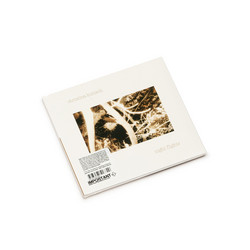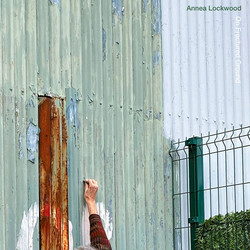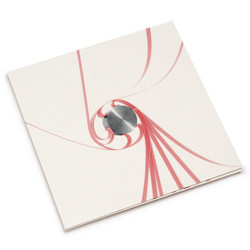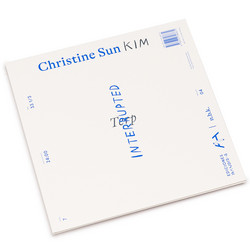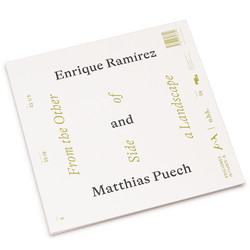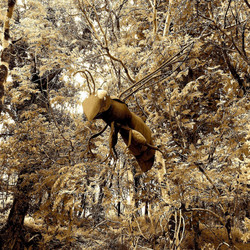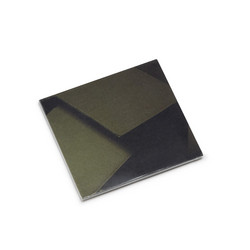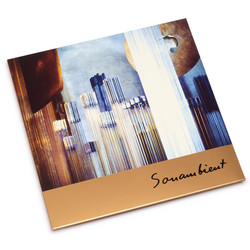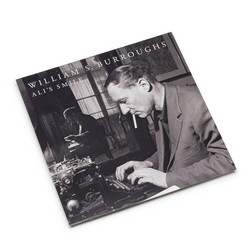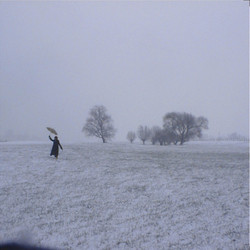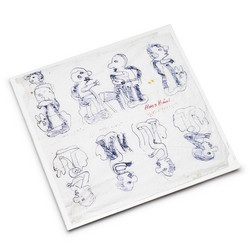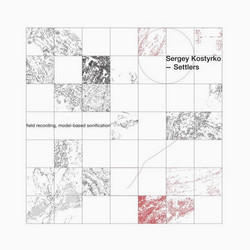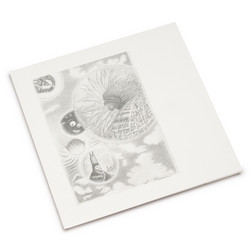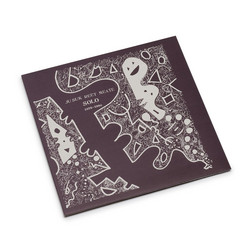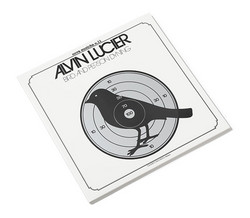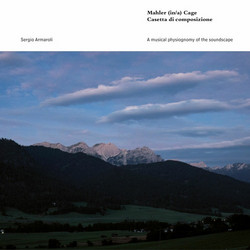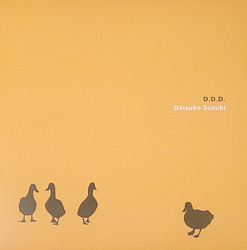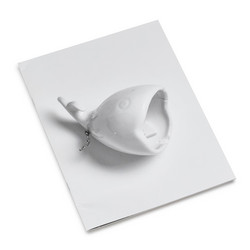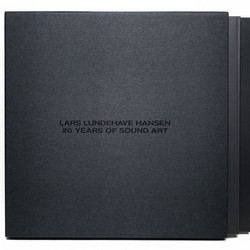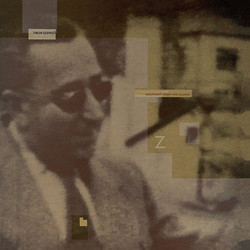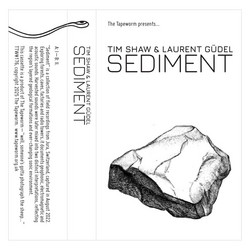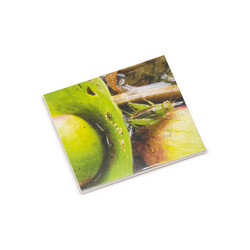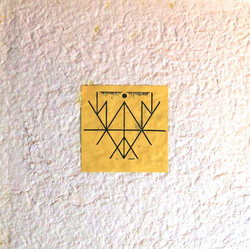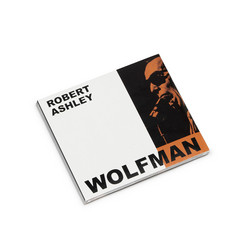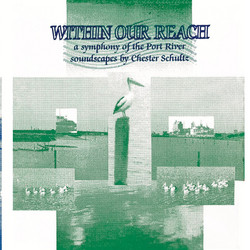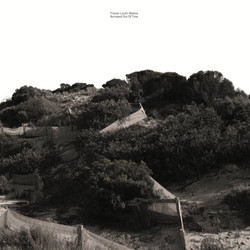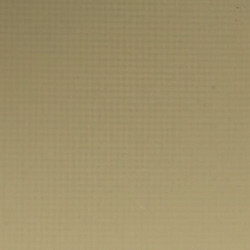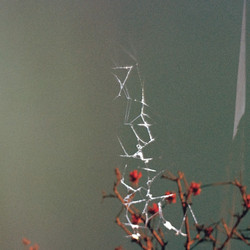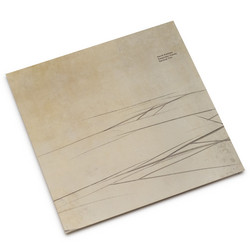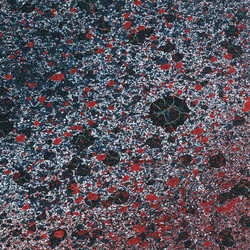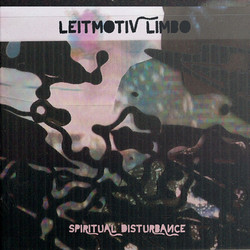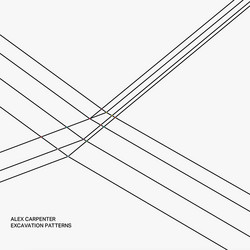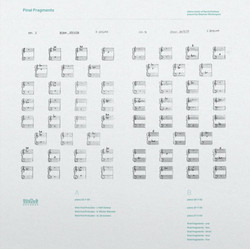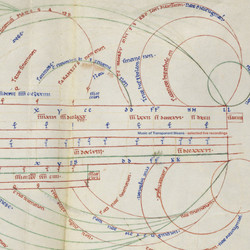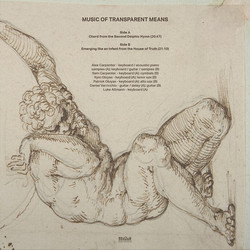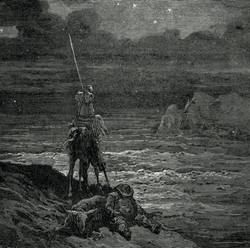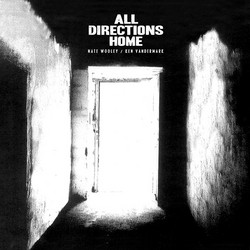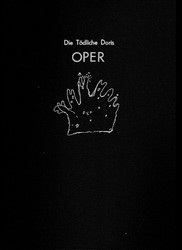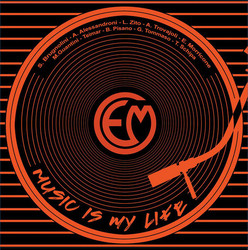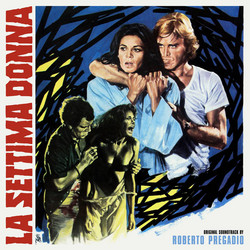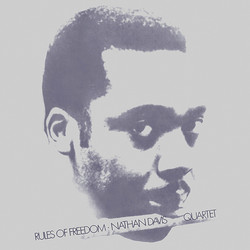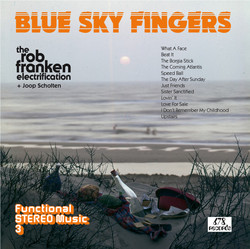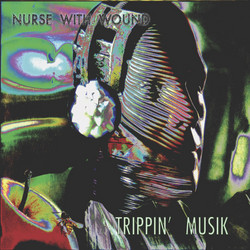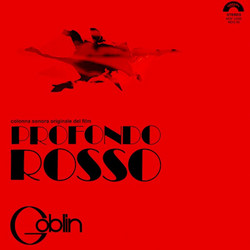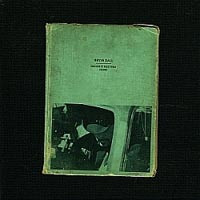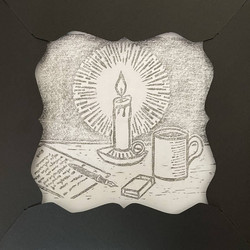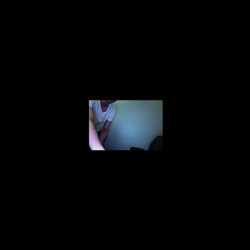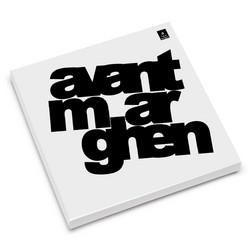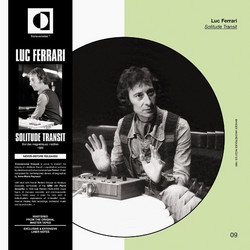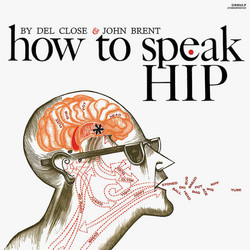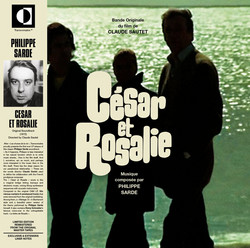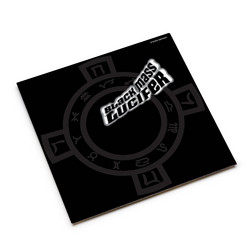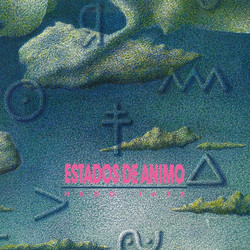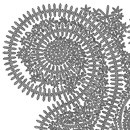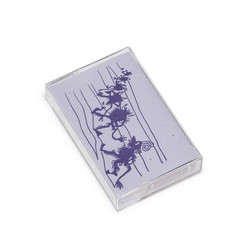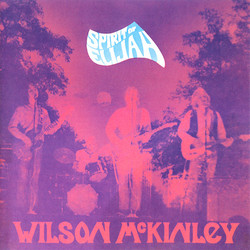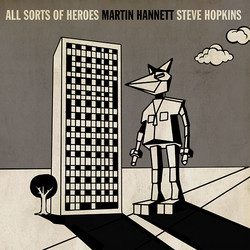*150 copies limited release* Sounds Like Work, a long-lost soundscape composition by South Australian composer and scholar, Chester Schultz, is made available by De la Catessen Records, for the first time since its private cassette release in 1978. Drawing from material recorded in late 1976 in the workplaces of members of the Maylands Church of Christ congregation, subsequently edited at the electronic music studio of Adelaide University in early 1978, Sounds Like Work has an oddly contemporary cast, given both the sophistication and intelligence of its composition, and the ever-relevant address of the meanings of the ‘working environment’ that Schultz explores here.
Doing this via sound, however, reveals plenty of previously unnoticed, or under-recognised, things about our lives at work. Schultz’s composition is refreshingly free of direct polemical or political intervention, though there is a subtle undercurrent of critique of the way the workplace makes us both suffer, and conform to expectation. Schultz’s questions about the workplace – what it does to the worker; the ways the worker tries to wrest control of the working day; work’s alignment, or not, with our inner private lives and beliefs – are poetically explored through lyrical editing, curious juxtaposition, and an unerring ability to know when to ‘leave things be’.
There’s also an understanding here that the socio-cultural context of sound has both its specificities and its generalities. The voices heard here could be from nowhere other than Australia, yet what they speak of, and the everyday sounds they’re surrounded by, could come from most anywhere. Schultz’s approach to the use and understanding of sound via the soundscape came predominantly from reading and listening to R. Murray Schafer, and you can certainly hear the implications of Schafer’s thinking in Sounds Like Work. It also recalls other, loosely analogous compositions, like Luc Ferrari’s acousmatic tour de force, Presque Rien.
Most of all, though, Sounds Like Work is a startling composition, one which subtly redraws the histories we’ve long been told about Antipodean avant-garde sound.
